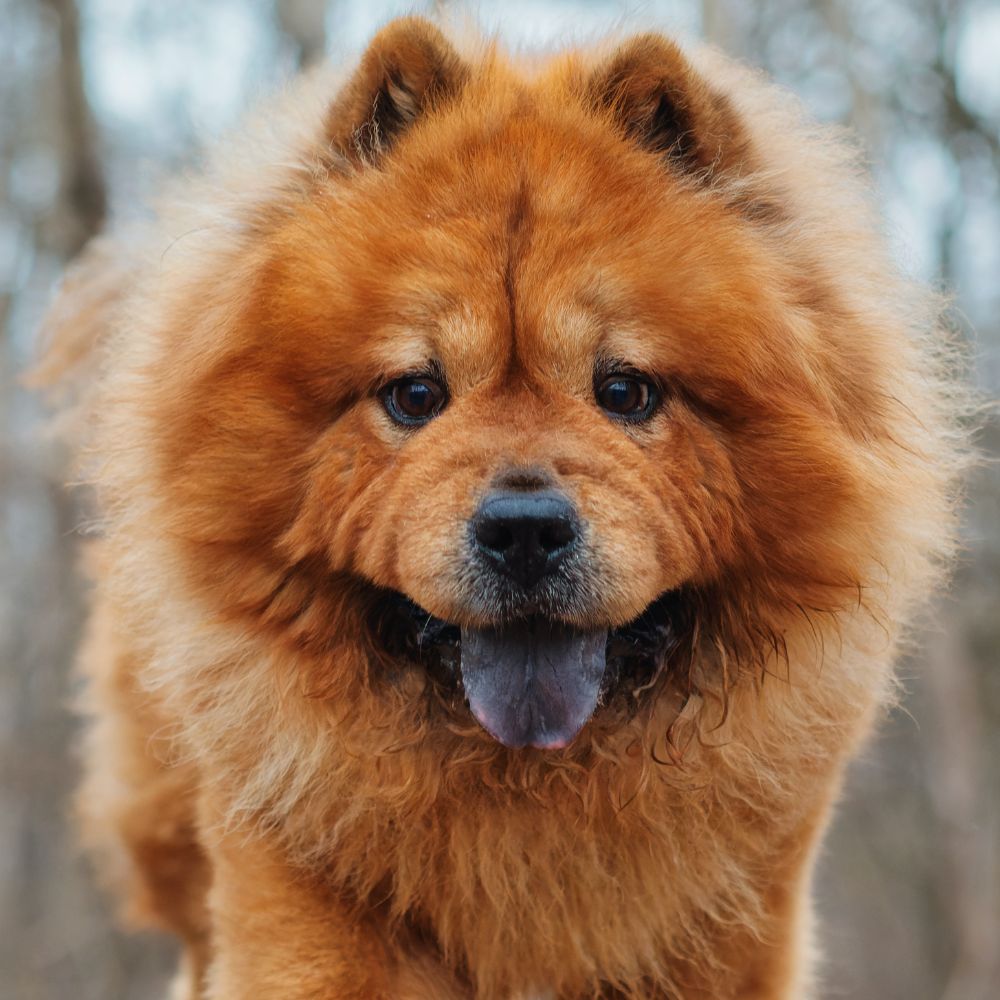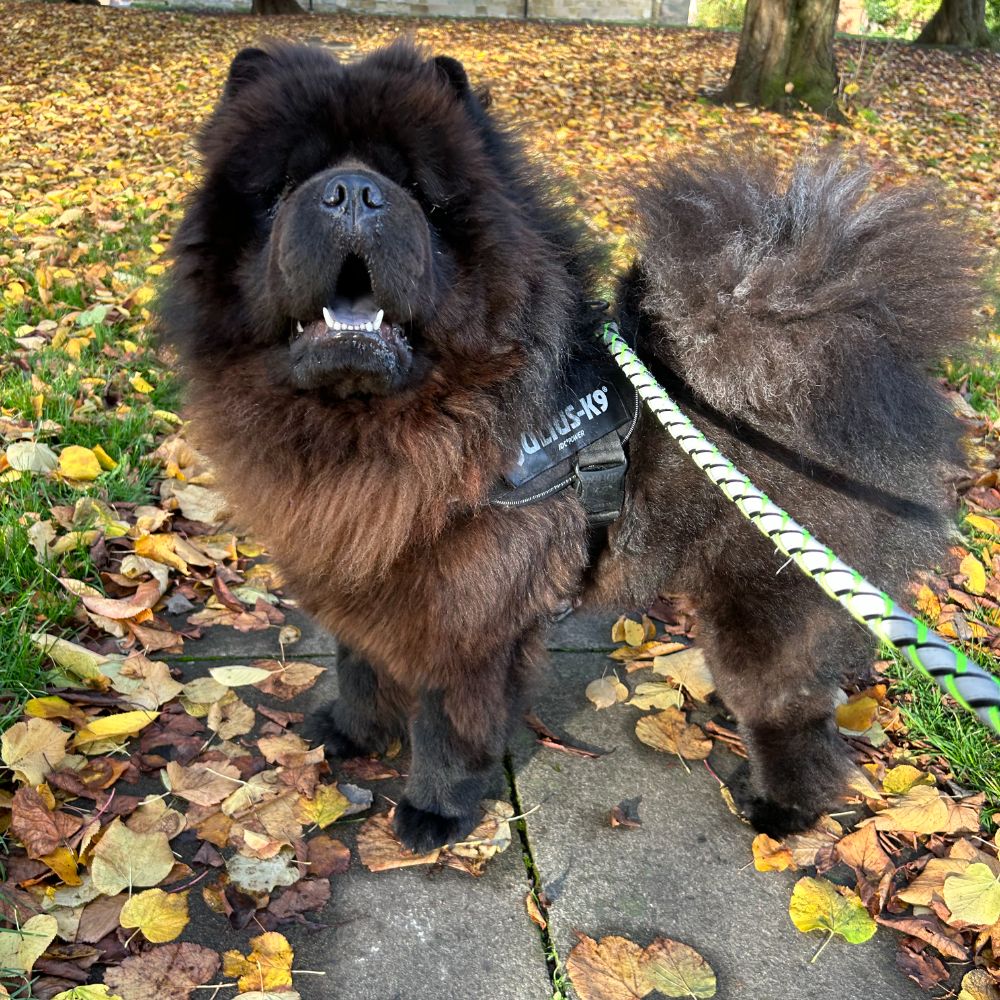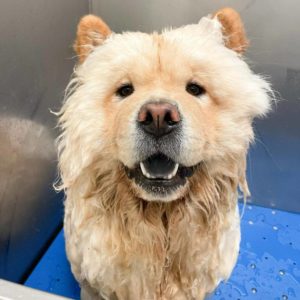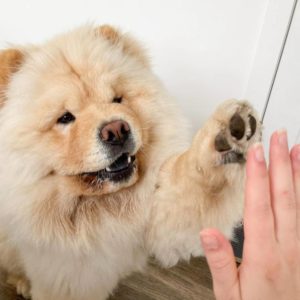If your Chow Chow has started urinating in their crate, despite previously not having this issue, it can be a frustrating and confusing experience. There are several potential reasons for this behaviour, including stress, anxiety, or changes in their environment. Understanding and addressing these factors can help resolve the problem. Here’s a comprehensive approach to tackling crate urination in your Chow Chow.
Evaluate the Crate
First, assess the crate itself. If it’s an older crate that was previously used by another dog, your Chow Chow might not feel entirely comfortable in it. Dogs are sensitive to scents and may feel uneasy in a crate that smells like another animal. Consider investing in a new crate that is specifically for your Chow Chow, ensuring that it is the right size and feels like a secure, comfortable space for them. A crate that is too large might encourage them to urinate in one corner, so choose one that allows them to stand up, turn around, and lie down comfortably without excess space.
Gradually Reintroduce the Crate
To help your Chow Chow view the crate as a positive place, reintroduce it slowly and with care. Start by placing their favourite treats and toys inside to encourage voluntary exploration. Allow them to enter the crate on their own terms, and gradually increase the time they spend inside. Always associate the crate with positive experiences—praise, treats, and gentle encouragement—so they begin to see it as a safe haven rather than a place of confinement.



Increase Bathroom Breaks
Ensure your Chow Chow has frequent opportunities to relieve themselves outside, especially before and after being crated. Puppies and older dogs, in particular, may need more regular bathroom breaks. By increasing these opportunities, you can reduce the chances of accidents occurring in the crate. Establish a consistent routine for bathroom breaks, including one last trip outside just before bedtime.
Address Underlying Anxiety
If the urination persists, it might be a sign of underlying anxiety or stress. This is particularly likely if your Chow Chow tends to urinate when left alone or when a specific family member is absent. In such cases, it’s important to address the root cause of the anxiety. Consider working with a professional dog trainer or behaviourist who can help identify the triggers and develop a tailored plan to reduce your dog’s stress. Techniques such as desensitization, counter-conditioning, and providing comfort items (like a piece of clothing with your scent) can be helpful.
Monitor Behavioural Changes
Pay close attention to any changes in your Chow Chow’s behaviour, especially in response to the presence or absence of family members. Understanding these behavioural patterns can provide insights into what might be causing the anxiety or discomfort. For instance, if your dog becomes more anxious when a particular person leaves, this could be a clue to their stress source. Monitoring these patterns will allow you to tailor your approach to crate training and address any underlying issues more effectively.
By taking a methodical and compassionate approach, you can help your Chow Chow feel more secure and comfortable, ultimately reducing or eliminating crate urination issues.




